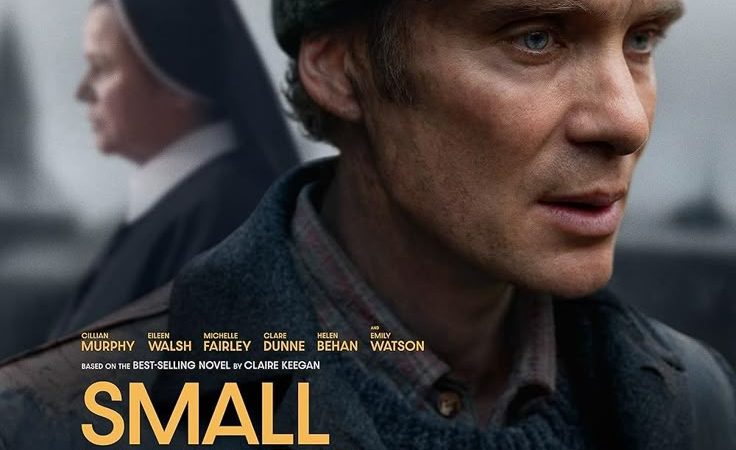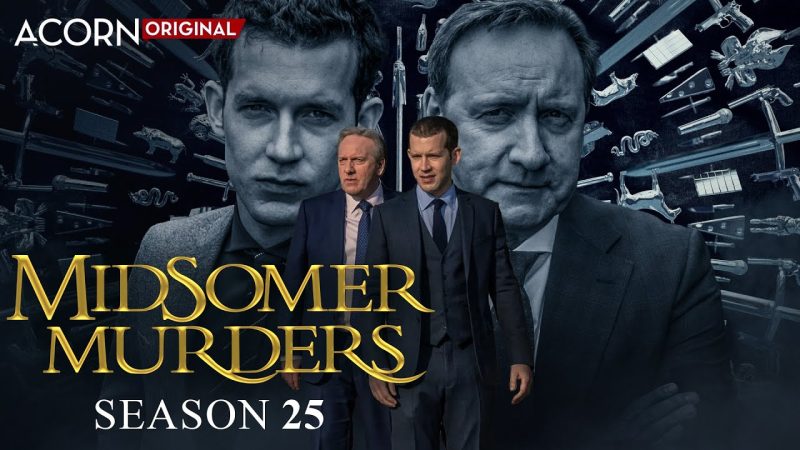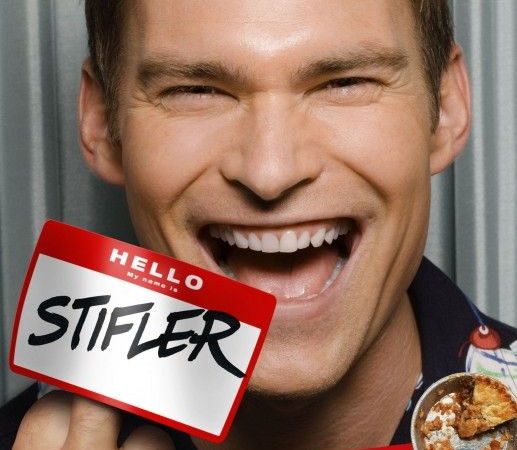Pretty Woman (1990): A Classic Hollywood Love Story
Released in 1990, Pretty Woman is one of Hollywood’s most iconic romantic films, leaving a lasting impression on audiences for generations. Directed by Garry Marshall, the film catapulted Julia Roberts to stardom and reinforced Richard Gere’s image as a charismatic leading man.
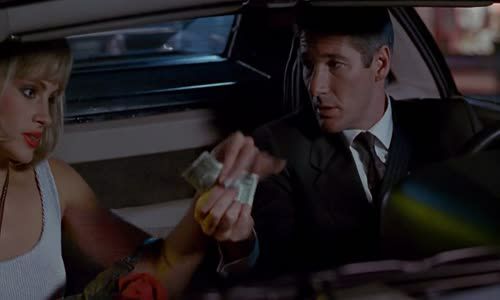
Plot Summary
The film follows Edward Lewis (Richard Gere), a successful but lonely businessman who arrives in Los Angeles for a major corporate deal. One night, while driving through Hollywood, he encounters Vivian Ward (Julia Roberts), a witty and charismatic woman navigating a difficult life. Impressed by her confidence and charm, Edward hires her as his companion for a week, bringing her to social events among the upper class.
With the guidance of hotel manager Barney Thompson (Héctor Elizondo), Vivian gradually adapts to the world of luxury. She transforms her appearance, learns proper etiquette, but remains true to her free-spirited and optimistic nature. Meanwhile, Edward begins to change as well, evolving from a cold-hearted businessman focused solely on profits into someone who recognizes the value of love and human connection.
However, their relationship faces challenges. Vivian refuses to be in a relationship based solely on financial arrangements—she desires genuine love and respect. Edward, on the other hand, struggles with his emotional barriers and career-driven mindset. In the end, he makes a bold decision—choosing love over business—by arriving at Vivian’s apartment with a bouquet of roses in a white limousine, in a fairy-tale-like romantic gesture.
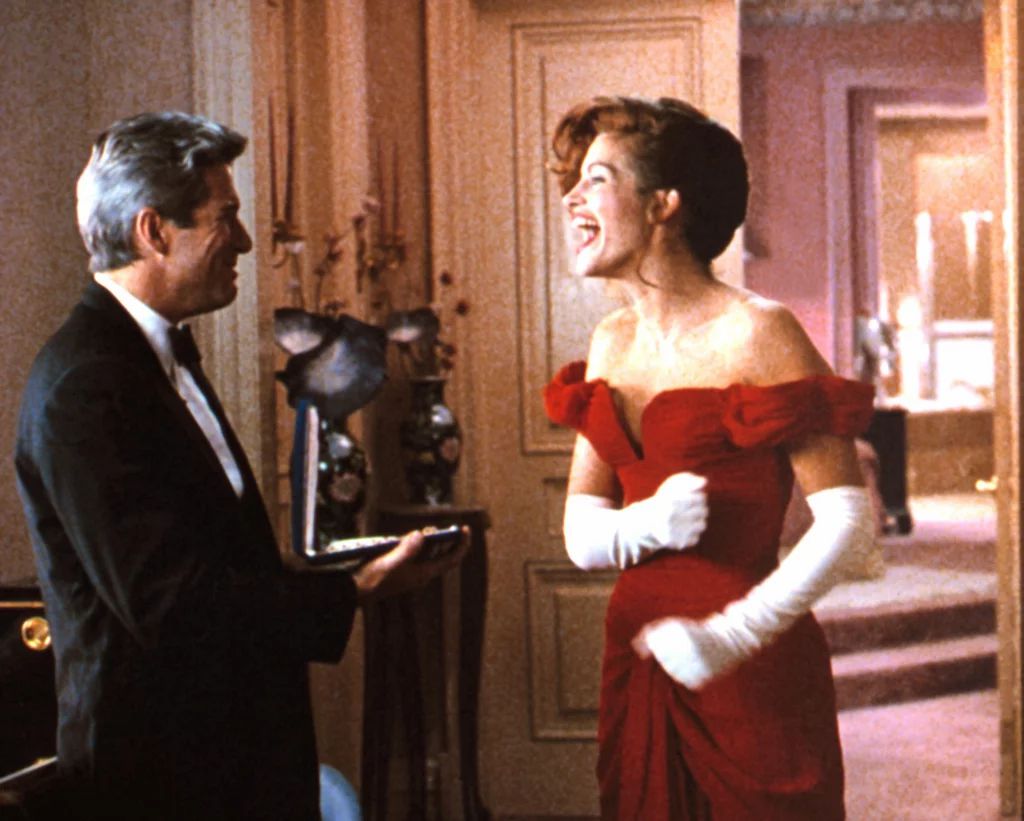
The Film’s Success
Upon its release, Pretty Woman became a box office sensation, grossing over $463 million worldwide against a modest budget of $14 million. The film earned Julia Roberts an Academy Award nomination for Best Actress and cemented her status as Hollywood’s “rom-com queen.”
Beyond its commercial success, Pretty Woman delivered several iconic moments. Vivian’s radiant smile while trying on shoes and Edward’s grand romantic gesture of climbing up the fire escape to declare his love remain some of the most memorable scenes in romantic film history.
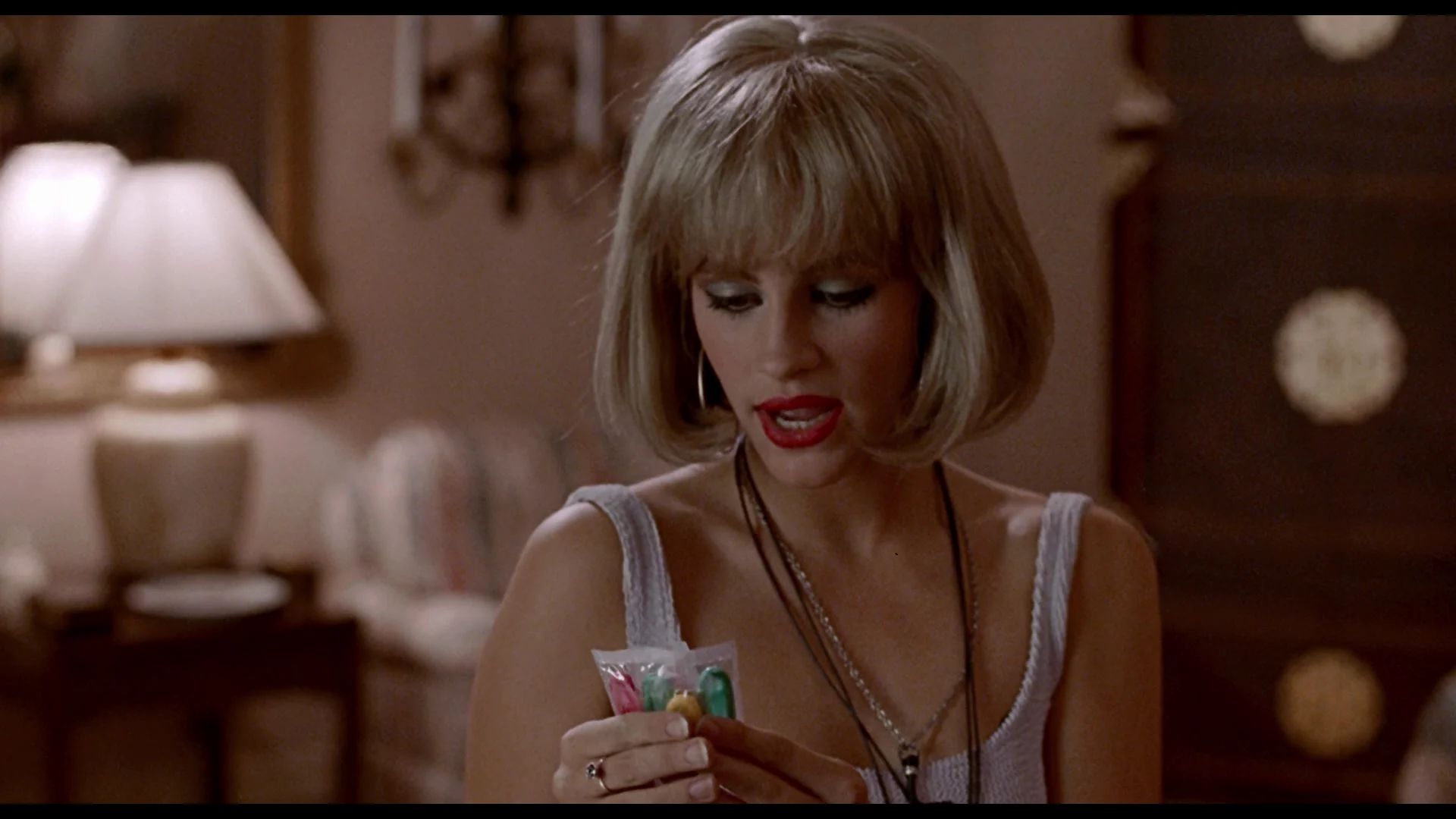
Impact and Discussion
Despite its popularity, Pretty Woman also sparked discussions about its portrayal of relationships and social class dynamics. Some critics argued that the film presented a fairy-tale version of reality rather than an accurate depiction of the struggles faced by people in similar circumstances. Originally, the film’s script had a darker tone, but it was reworked into a heartwarming love story that resonated with a broader audience.
Regardless of these debates, Pretty Woman remains a defining film in the romantic comedy genre. Beyond the romance, it conveys themes of self-improvement, self-worth, and the unexpected ways in which love can transform lives.
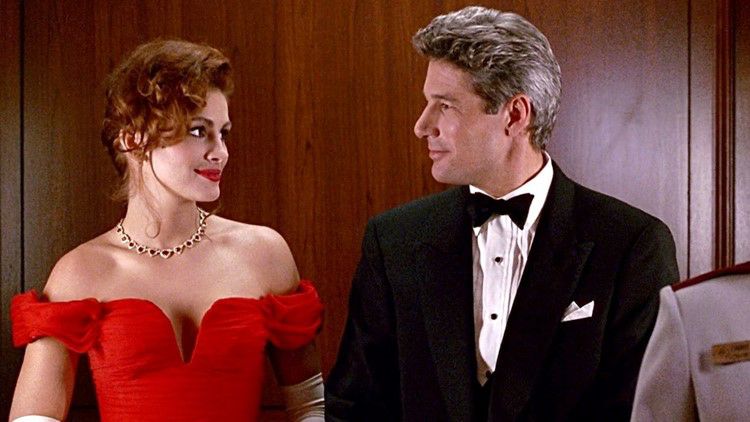
Conclusion
More than three decades after its release, Pretty Woman continues to captivate audiences, standing as a beloved Hollywood classic. With its stellar cast, engaging script, and unforgettable moments, the film proves that a great love story remains timeless.
